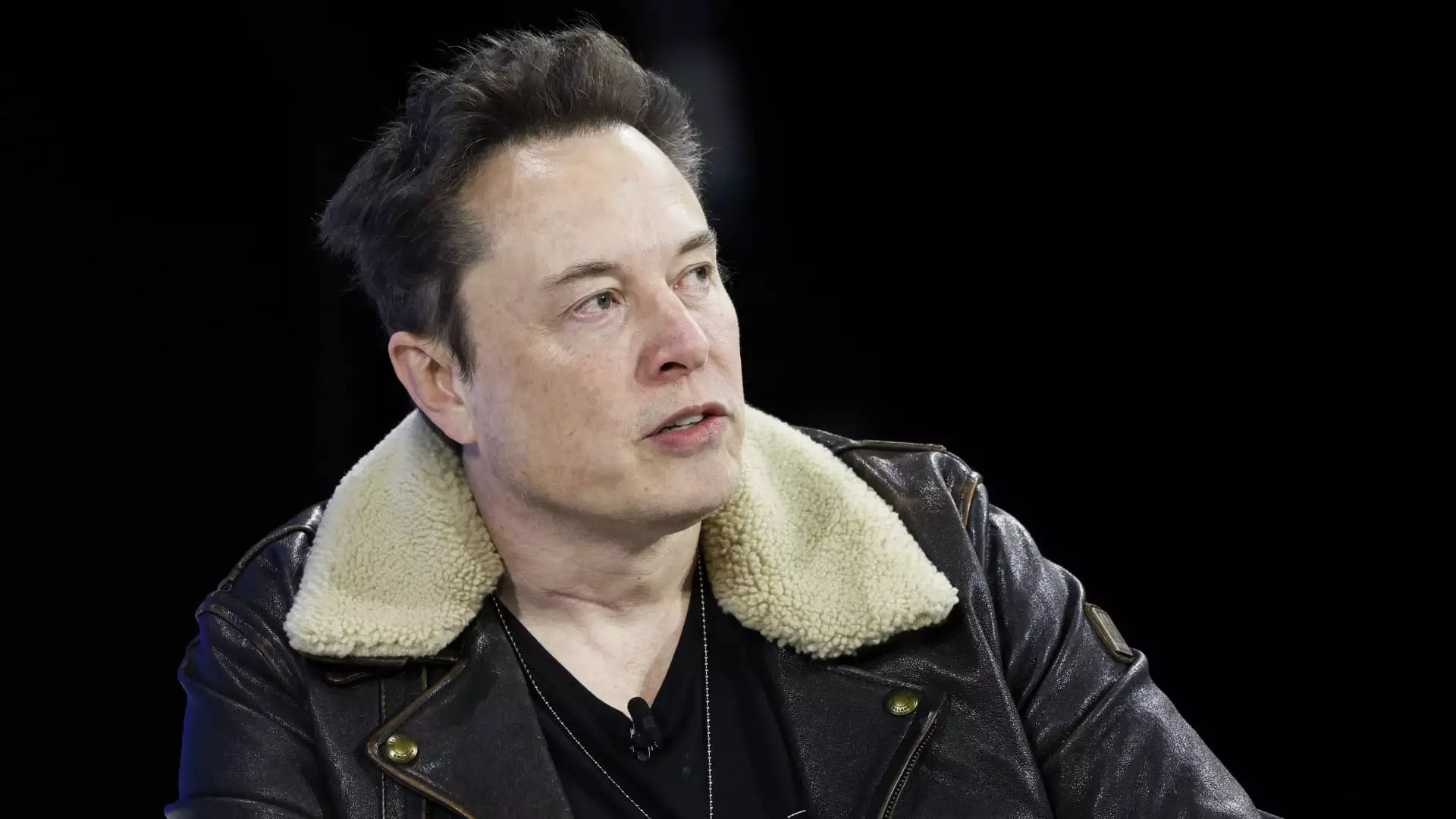In a recent development, a Delaware judge has invalidated the $56 billion pay package of Tesla CEO Elon Musk, citing the company’s board of directors’ failure to demonstrate the fairness of the compensation plan. The news of this decision had a noticeable impact on Tesla’s share price, which dropped approximately 3% in after-hours trading. As a result, it is crucial to assess the implications of this ruling and its potential ramifications for both Musk and the company he leads.
The Largest Compensation Plan in History
The judge highlighted that Tesla’s pay package for Musk in 2018 was the most substantial compensation plan ever implemented in public corporate history. This package propelled Musk to become a centi-billionaire and the wealthiest individual globally. Under this plan, Musk was granted 12 tranches of Tesla stock options, which would only vest if the company’s market capitalization surged by $50 billion and Tesla achieved a specific revenue target. However, the fairness of such an extravagant package has been called into question.
Richard Tornetta, a shareholder in Tesla, filed a lawsuit in the Delaware Chancery Court, arguing that Musk’s compensation plan was exorbitant and breached the board’s fiduciary duties. Judge Kathaleen McCormick, presiding over the case, concurred with Tornetta’s claims, finding that Musk effectively controlled Tesla and that the process leading to the board’s approval of his pay package was fundamentally flawed.
One of the critical factors leading to the judge’s decision was the extensive ties identified between Musk and the individuals responsible for negotiating on Tesla’s behalf. This included General Counsel Todd Maron, who was not only a management member but also Musk’s former divorce attorney. McCormick voiced concerns about Musk’s influence over the compensation process, stating that he had the ability to recalibrate the speed and direction of negotiations as he saw fit. The judge ultimately concluded that the resulting price was unfair.
A Call for Rescission
Judge McCormick unequivocally ruled in favor of Tornetta, stating that he was entitled to rescission. This decision requires the parties involved to collaborate on implementing the ruling and addressing all outstanding matters that need resolution at the trial level. CNBC has reached out for comments from Musk and the respective attorneys involved in the case. Nevertheless, the judge’s ruling stands as a significant blow to Musk and raises the question of whether his compensation was commensurate with his contributions to Tesla.
The Challenge of Proving Shareholder Vote
The judge’s ruling also revolved around the determination that Musk, rather than the board of directors and shareholders, wielded control over Tesla, especially concerning the establishment of his compensation. This finding underscores the influence Musk had as a “Superstar CEO,” given his equity stake of 21.9%, essential corporate positions, such as CEO and Chair, and close ties with the directors responsible for negotiation. Furthermore, the court found Tesla and Musk’s attorneys unable to adequately prove that the stockholder vote was thoroughly informed, as the proxy statement inaccurately portrayed certain directors as independent while omitting crucial details about the process.
Musk’s Pursuit of Voting Control
Adding to the mounting challenges faced by Musk, he recently expressed the desire to obtain 25% of voting control over Tesla, despite already owning approximately 13% of the company’s stock. Musk asserted that this level of control would allow him to shape Tesla into a leader in artificial intelligence and robotics while maintaining a degree of influence. However, this aspiration for increased voting power heightens scrutiny of Tesla’s corporate governance and raises concerns about the concentration of control in a single individual.
The Delaware judge’s decision to void Elon Musk’s $56 billion pay package sends shockwaves through the corporate world, underscoring the importance of fair compensation and robust corporate governance. Despite Musk’s undeniable achievements and contributions to Tesla’s success, the court’s ruling highlights the need for transparency and independence in determining executive compensation. Moreover, this case serves as a reminder of the potential risks associated with concentrated control in the hands of a single individual. As Tesla and Musk navigate the aftermath of this ruling, all eyes will remain fixed on their future decisions and the steps taken to address the concerns raised by the court.


Leave a Reply